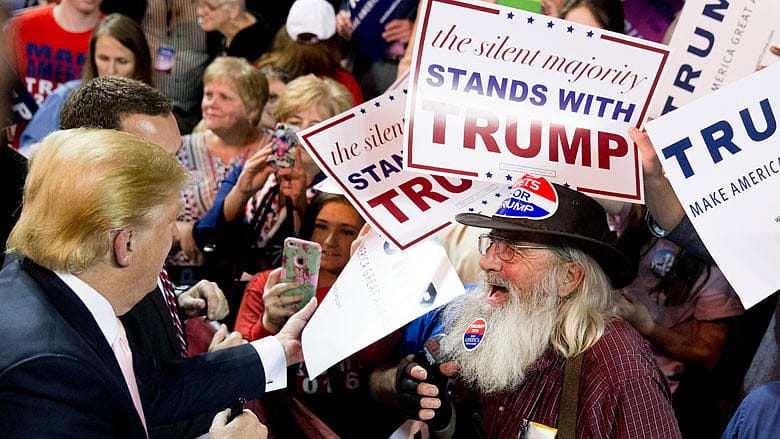Mass. voters head to the polls in midst of a potentially massive political realignment

As Massachusetts voters head to the polls, along with voters in 11 other states and one American territory as part of "Super Tuesday," tens of thousands of former Bay State Democrats will today cast ballots as either Republicans or unenrolled voters.
Secretary of State William Galvin said Monday that, since the beginning of the calendar year, nearly 20,000 Democrats have unenrolled from the party of Hillary Clinton and Bernie Sanders. Of those voters, the vast majority — 16,347 — changed their status to "unenrolled." The remaining 3,455 enrolled as Republicans.

